detail profile claudio martinez
Peran Yang Di Mainkan Claudio Martinez
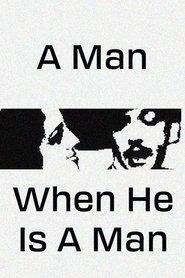 What are the social climate and...
What are the social climate and...A Man, When He Is a Man 2023
What are the social climate and cultural traditions in Costa Rica which nurture "machismo" and allow the domination of women to continue in Latin America?
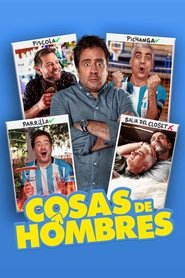 Santiago comes out of the closet...
Santiago comes out of the closet...Cosas de hombres 2020
Santiago comes out of the closet to his 2 long life friends at the age of 50. The reaction is not very positive from one of them, Raul. Who tries by all means, to convince Santiago that he is only going through a moment of sexual confusion, and there's no way he is gay.
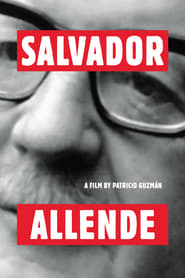 A leftist revolutionary or a reformist...
A leftist revolutionary or a reformist...Salvador Allende 2004
A leftist revolutionary or a reformist democrat? A committed Marxist or a constitutionalist politician? An ethical and moral man or, as Richard Nixon called him, a "son of a bitch"? In SALVADOR ALLENDE, acclaimed Chilean filmmaker Patricio Guzmán (The Battle of Chile and Chile, Obstinate Memory) returns to his native country thirty years after the 1973 military coup that overthrew Chile's Popular Unity government to examine the life of its leader, Salvador Allende, both as a politician and a man.
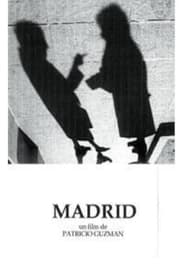 A charming and meditative ode to...
A charming and meditative ode to...Madrid 2002
A charming and meditative ode to the city of Madrid, where Guzmán studied directing and filmmaking during the 1960s, and escaped to from Chile after the military coup. Traveling through the streets of contemporary Madrid, Guzmán’s essayistic film freely draws inspiration from the landmarks, the music, the people, and the culture to evoke experiences, reflections, and insights in order to relate the nature of his historical and personal connection to the city.
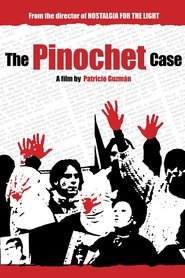 True story of the saga that...
True story of the saga that...The Pinochet Case 2001
True story of the saga that was hoped to be the long-awaited justice brought to bear upon Augosto Pinochet, Chilean dictator from 1973 to 1990. In September 1998, Pinochet flew to London on a pleasure trip but experienced back pain and underwent an operation in the London Clinic. Upon waking, he was arrested by Scotland Yard. Could it be that this was to become the first Latin American dictator to answer for crimes while serving as Head of State? After 500 days of house arrest, he nevertheless eventually returned unscathed to Chile, despite the compelling case built against him before & during this period by a young Spanish prosecutor, Carlos Castresana.
 A Chilean teacher Ramiro is sentenced...
A Chilean teacher Ramiro is sentenced...The Frontier 1991
A Chilean teacher, Ramiro, is sentenced to internal exile in a southern town where tidal waves often appear. He falls for a woman, Maite, whose father asks him to take her away. Although he gets his freedom he doesn't leave and when the water rises, Maite and her father die, and Ramiro flees to the hills.
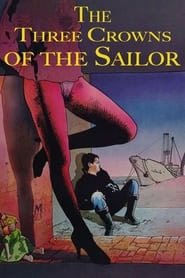 Shortly after murdering his professor a...
Shortly after murdering his professor a...Three Crowns of the Sailor 1991
Shortly after murdering his professor, a young man encounters a sailor who offers him a position on his ship in exchange for 3 Danish crowns and his attention as he recounts his life story.
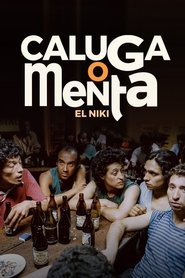 Niki and his friends are members...
Niki and his friends are members...Caluga o Menta 1990
Niki and his friends are members of the marginalised underclass living on the outskirts of Santiago. During Chile's transition from dictatorship to democracy (1988-1990), they forge a path from drug- and drink-fuelled nihilism and petty crime into the world of market-driven illegality and Niki begins a seemingly predestined relationship with the middle-class "loca", Manuela. Memorable episodes and characters, quotable dialogue and a mix of earthy national portrait and surrealistic flourish make this one of the key Chilean films of the Nineties.
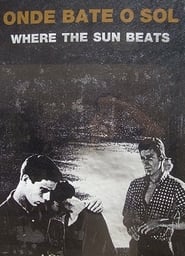 Laura lives in the country with...
Laura lives in the country with...Where the Sun Beats 1989
Laura lives in the country with her considerably older husband. When Nuno, her brother who study in Lisbon, pays a visit, he realizes that his sister does not have a happy life. He initiates a friendship with a worker on the farm. The circumstances turn Laura and Nuno against each other... Portrays the repressed sexuality and homosexual desire in a rural setting and elliptically and delicately the small farming community that serves as the backdrop for the impossible relationships pursued by Laura and her brother.
 When the child Manuel wanders into...
When the child Manuel wanders into...Manoel’s Destinies 1984
When the child Manuel wanders into a garden that is off-limits to him, he meets an unidentified fisherman, and another boy -- the boy is actually himself several years down the road. Manuel experiences three different versions of his encounters in the garden, revealing that fate can have several twists and turns in one's life, depending on decisions that are made early on.

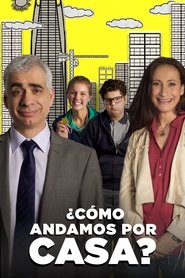 The Ahumada family wants to be...
The Ahumada family wants to be...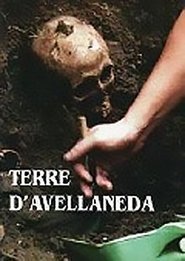
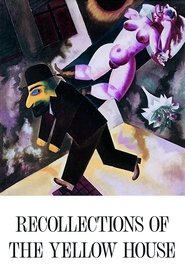 Lisbon 1989 A middleaged poor man tormented...
Lisbon 1989 A middleaged poor man tormented...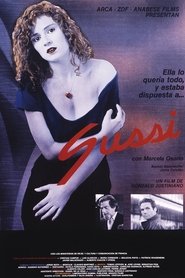 Sussi comes to the big city...
Sussi comes to the big city... An island retreat A man his...
An island retreat A man his... A surreal odyssey in which a...
A surreal odyssey in which a...